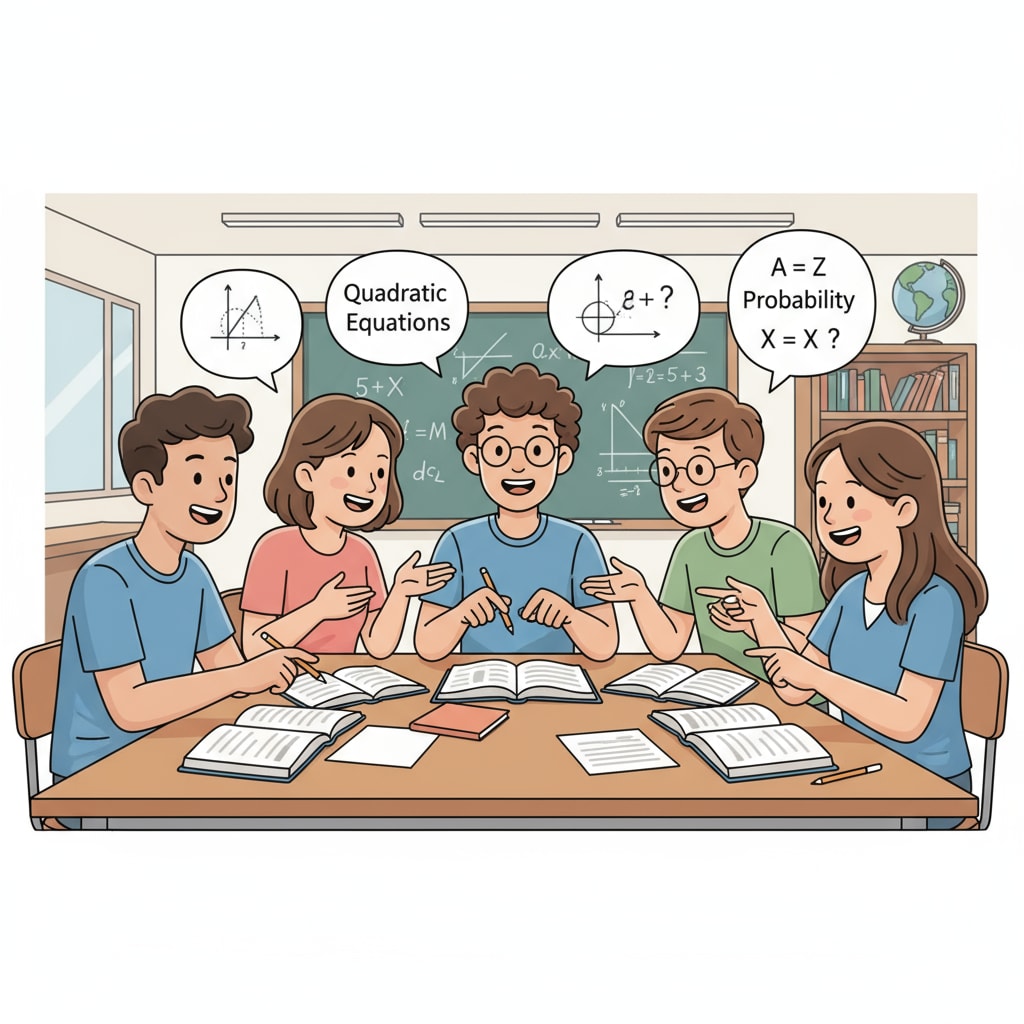Mathematics education, practicality, and school curriculum are topics that often spark intense discussions among educators, students, and parents. In the realm of K12 education, the question of whether we truly need to teach certain advanced math knowledge that students may never use in their daily lives has become a subject of great debate.

The Controversy of Math Practicality in K12 Education
Many students and parents question the practicality of teaching complex mathematical concepts in K12 education. For example, advanced calculus and trigonometry may seem far removed from the average person’s daily experiences. As a result, they wonder if time spent on these topics could be better allocated to more practical subjects. According to Wikipedia’s Education page, the focus on practical skills in education has been a growing trend. However, mathematics educators argue that these advanced concepts build a foundation for critical thinking and problem-solving skills.

The Value of Math Education Beyond Direct Application
Mathematics education offers more than just practical skills for daily life. It nurtures logical reasoning, creativity, and the ability to analyze complex situations. Even if a person never uses a specific math formula in their job, the mental processes developed through learning math are invaluable. For instance, when faced with financial decisions or evaluating data, the skills honed in math classes come in handy. As per Britannica’s Education section, education should aim to develop well-rounded individuals, and math plays a crucial role in this regard.
Moreover, math education can open doors to various career paths. Fields such as engineering, data science, and finance rely heavily on advanced mathematical knowledge. By providing a comprehensive math education in K12, students are better prepared for future academic and professional pursuits.
Readability guidance: The paragraphs above discuss the controversy and value of math education in K12. Short paragraphs are used to make the content more digestible. Transition words like ‘however’ and ‘for example’ are employed to enhance readability. Lists could be added in future sections to further organize the content. Passive voice is kept to a minimum, and sentence lengths are mostly within the recommended range.


